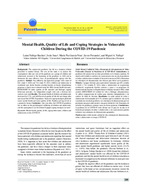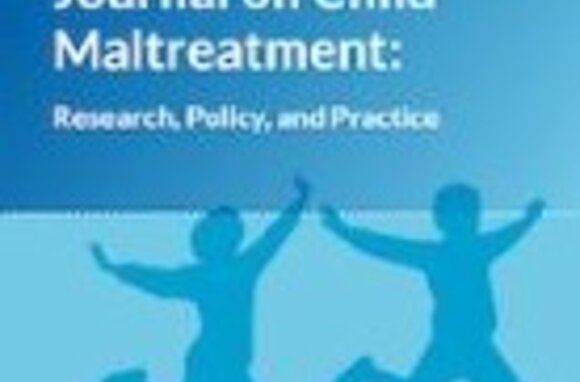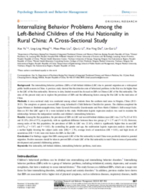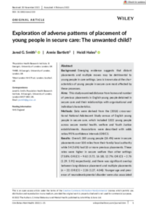Attachment Trauma: How to Tailor Coaching for Parents of Children in Foster Care
This chapter in the "Attachment-Informed Parent Coaching" book discusses how to use attachment-informed parent coaching to help children in foster care heal from the multiple layers of attachment trauma they have experienced. The author describes how to help children in foster care develop healthier relationships with both foster and biological parents.








